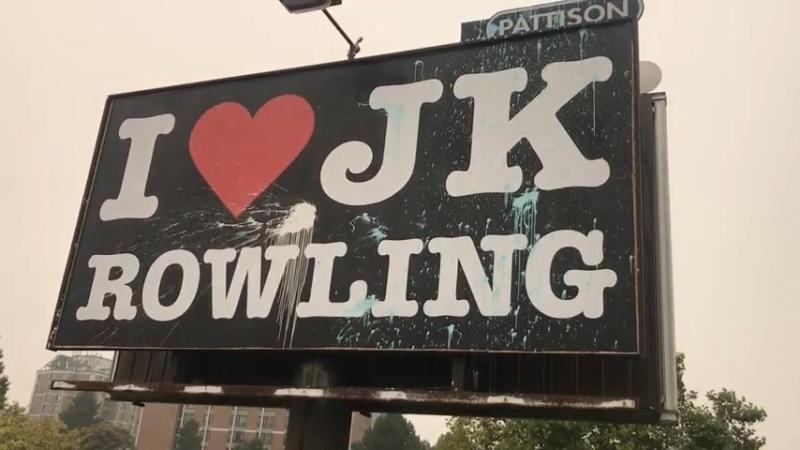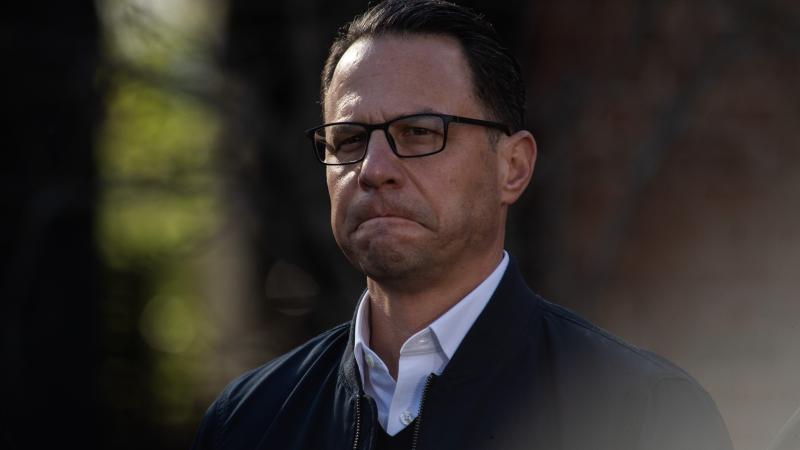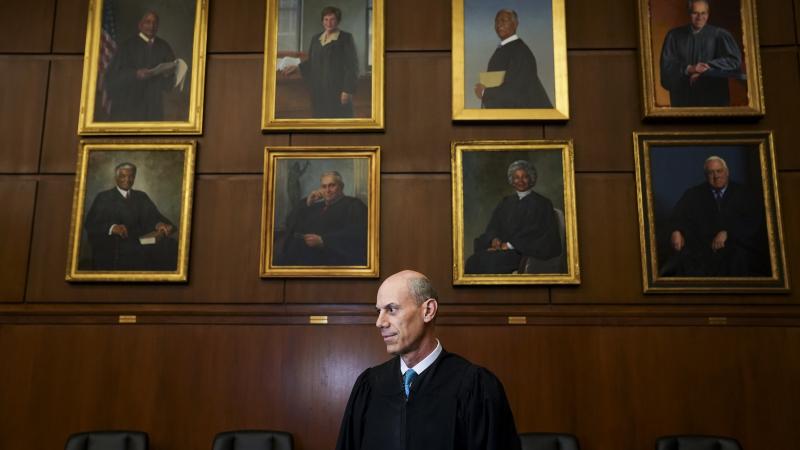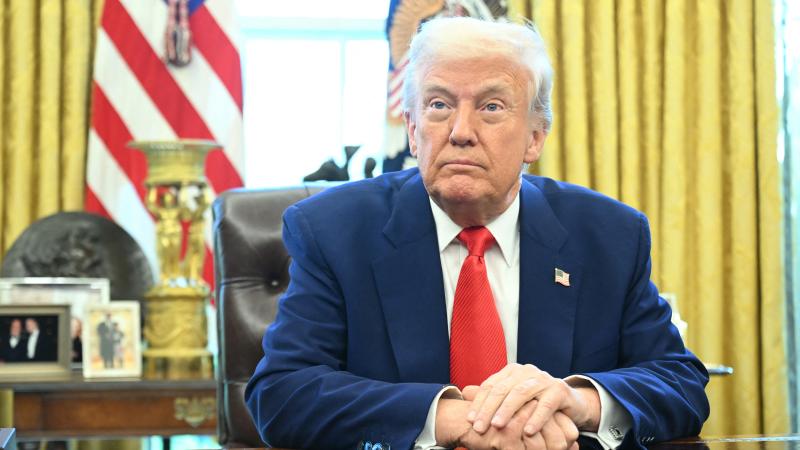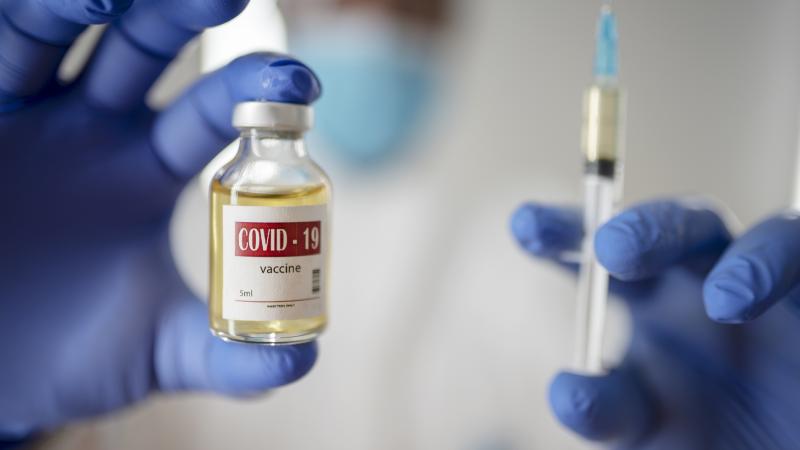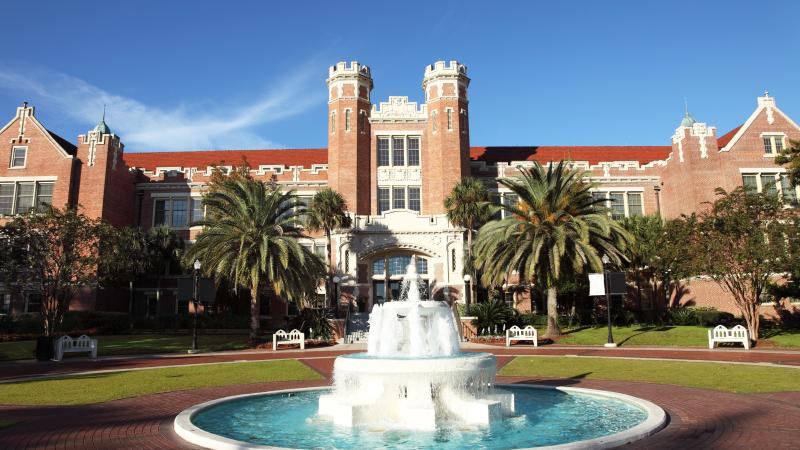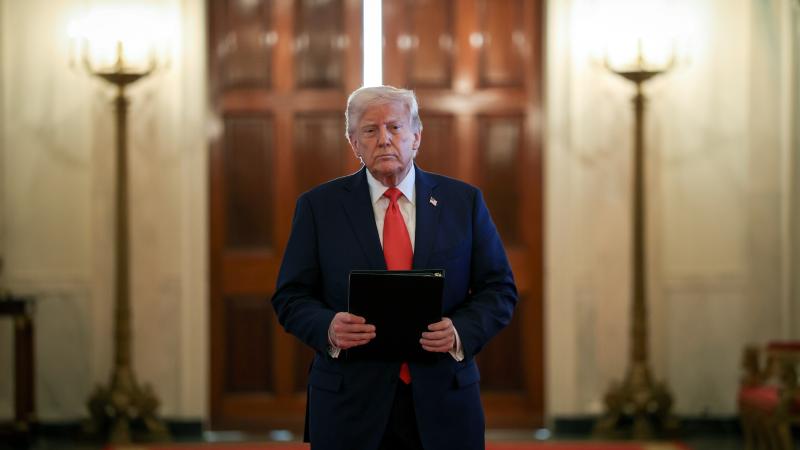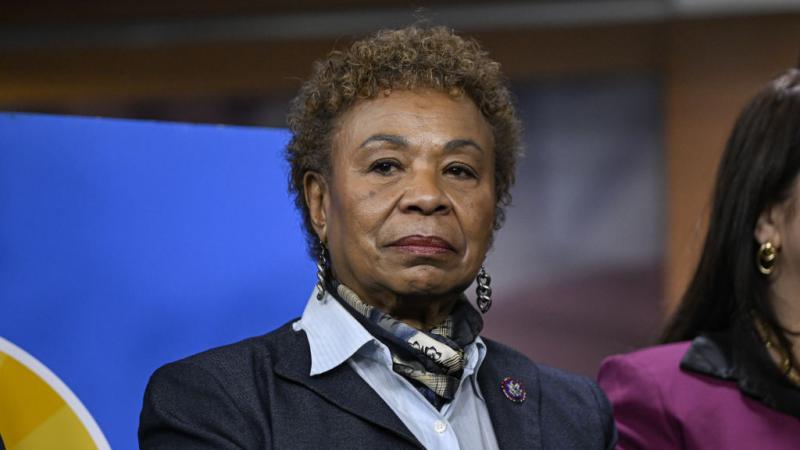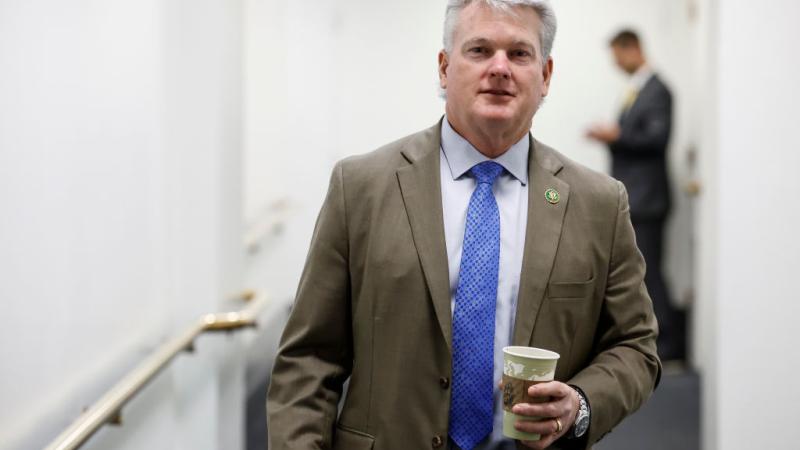Speech code for lawyers? Appeals courts poised to clash on constitutionality of state rules
3rd Circuit ruling means Pennsylvania lawyers "must await being targeted in a disciplinary proceeding before they are permitted to raise their First Amendment claims" against a policy no one can define, brief states.
Lawyers fear they could face professional discipline under speech codes prohibiting undefined "discrimination and harassment" related to race, sex, gender identity, religion and several other categories in Connecticut and Pennsylvania.
The states' neighboring federal appeals courts appear poised to reach opposite conclusions in First Amendment challenges, raising the possibility the Supreme Court could review state implementations of an American Bar Association "model" rule governing conduct "related to the practice of law" outside the courtroom, including social gatherings with lawyers.
Foundation for Individual Rights and Expression lawyer Zachary Greenberg and his allies are seeking a rehearing by all 14 judges on the 3rd U.S. Circuit Court of Appeals after a three-judge panel threw out his lawsuit against Pennsylvania's Rule 8.4(g), finding he lacks legal standing.
The provision, which was revised mid-litigation, "does not generally prohibit him from quoting offensive words or expressing controversial ideas" in Greenberg's continuing legal education presentations on First Amendment case law, according to the Aug. 29 ruling.
The panel also took the Office of Disciplinary Counsel at its word that it wouldn't punish Greenberg for such remarks.
Greenberg convinced a trial court in 2020 to block the provision because of its chilling effects on his out-of-court work, which may have spooked New York to narrow its proposed implementation of the ABA rule even though it's overseen by the 2nd Circuit.
New York's version, adopted a year ago, expressly carves out the expression of "views on matters of public concern in the context of teaching, public speeches, continuing legal education programs, or other forms of public advocacy or education."
The Pennsylvania Interbranch Commission for Gender, Racial, and Ethnic Fairness, which filed a friend-of-the-court brief in defense of 8.4(g) along with the state, Allegheny County and Philadelphia bar associations, cheered the 3rd Circuit decision for finding nothing vague about a ban on "harassment and discrimination that is knowing or intentional."
Greenberg's lawyers at the Hamilton Lincoln Law Institute filed a petition for rehearing last week, accusing the panel of ignoring the 3rd Circuit's "leading authorities on First Amendment challenges to overbroad harassment codes" while heavily relying on a single 4th Circuit case.
Their brief notes that only two states in different circuits – Vermont and New Mexico – "fully adopted' the ABA's Model Rule 8.4(g) in light of constitutional concerns.
Greenberg amply demonstrated that critics could use Pennsylvania's implementation to target him, the brief says, citing "audience members at his presentations who expressed offense at the language and topics" and a disciplinary "bias" investigation of 5th Circuit Judge Edith Jones for her speech at the University of Pennsylvania Law School.
Chief Disciplinary Counsel Thomas Farrell's pledge not to sanction Greenberg for his out-of-court educational work is not binding on the Disciplinary Board's members, who can replace him at any time, the brief says.
The panel punished Greenberg, finding he lacks standing, for simply amending his complaint after Pennsylvania's mid-litigation revision to Rule 8.4(g), the brief says. The provision now prohibits “denigrat[ing], or show[ing] hostility or aversion toward a person" rather than "knowingly manifest[ing] bias or prejudice."
This decision "violates black-letter law" because legal standing depends on "the state of things at the time of the action brought," his lawyers said.
The New Civil Liberties Alliance, which is representing lawyers Mario Cerame and Timothy Moynahan in a similar lawsuit against Connecticut's Rule 8.4(7), filed a friend-of-the-court brief in support of Greenberg this week.
The Pennsylvania defendants switched gears upon appeal, now challenging Greenberg's standing rather than explain why their speech restrictions on lawyers "should be deemed viewpoint-neutral" as they did in lower court, NCLA says.
Because the panel took the bait, Pennsylvania lawyers are now simultaneously told "they must await being targeted in a disciplinary proceeding before they are permitted to raise their First Amendment claims" and they must comply with a professional conduct rule the lower court found too vague to give "fair notice," the brief says.
Handong International School of Law Professor Patrick Gould filed a friend-of-the-court brief from South Korea, picking apart Pennsylvania's allegedly opportunistic revision of Rule 8.4(g) after Greenberg sued.
The defendants made "minor changes" that did not materially change the interpretation or constitutionality of the rule, and "without a proper due process comment period," showing the "evasive and ever-changing nature" of the speech code, Gould wrote.
The public has yet to learn who spurred the change, how and when it happened, who was present and the vote tally, showing an "ongoing process of unilateral, and unbridled governmental discretion" that is likely to be repeated "many times in the future," according to the brief. The defendants declined to "provide guidance on how to interpret even a simple potential situation" under the rule, or what legal materials they will use.
A 2nd Circuit panel appeared open to reinstating the Connecticut lawsuit by lawyers Cerame and Moynahan at oral argument this month, Reuters reported.
A trial court threw out the duo's lawsuit on the same grounds the 3rd Circuit junked Greenberg's. But the 2nd Circuit judges noted a key difference in the two cases: Connecticut bar officials had yet to disavow that they could investigate Cerame and Moynahan under Rule 8.4(7).
Cerame claimed he's a potential target because his criticism of "racially charged misconduct" outside the courtroom "sometimes repeats" his opponents' language and could be used "out of context" against him, and because of his personal criticism of Scientology. Moynahan fears investigation because he has spoken against critical race theory in educational curricula.
The duo's lawyers at NCLA asked the 2nd Circuit last month, before oral argument, to consider the relevance of its own June ruling in a pre-enforcement challenge to Westchester County, New York's new "bubble zone" around abortion clinics.
The 2nd Circuit panel in that case determined that pro-life activist Debra Vitagliano only had to show her "sidewalk counseling" was "arguably proscribed" by the bubble zone, not "in fact proscribed," to have legal standing.
Rather than follow the 2nd Circuit's "reasonable enough" standard, under which Cerame and Moynahan have demonstrated a chilling effect from the plain language of Rule 8.4(7), the lower court imposed "its own construction" of the provision to determine the duo lacked legal standing because their prosecution fears were not "well founded," NCLA told the 2nd Circuit.
The Facts Inside Our Reporter's Notebook
Documents
Videos
Links
- American Bar Association "model" rule
- three-judge panel threw out his lawsuit
- convinced a trial court in 2020
- its proposed implementation of the ABA rule
- New York's version, adopted a year ago
- cheered the 3rd Circuit decision
- disciplinary "bias" investigation of 5th Circuit Judge Edith Jones
- Mario Cerame and Timothy Moynahan
- friend-of-the-court brief
- Reuters reported
- trial court threw out the duo's lawsuit
- consider the relevance of its own June ruling
- 2nd Circuit panel in that case determined


